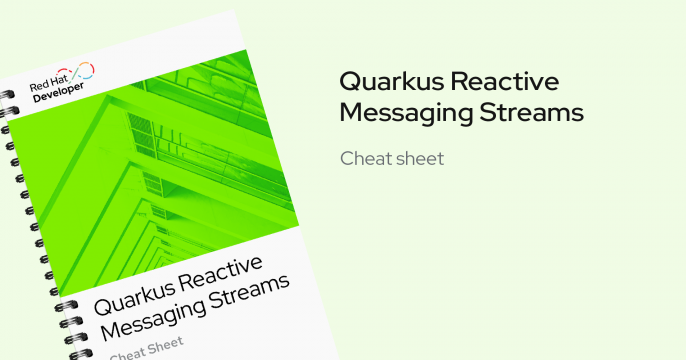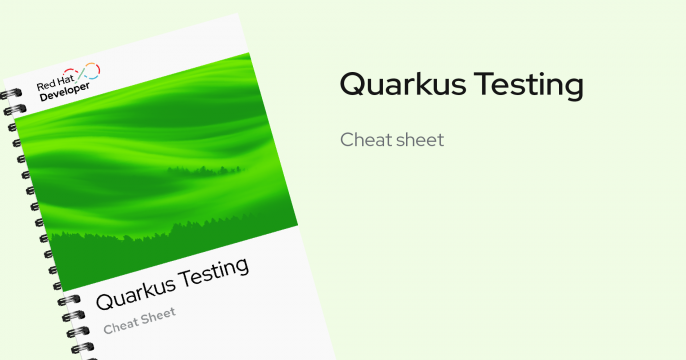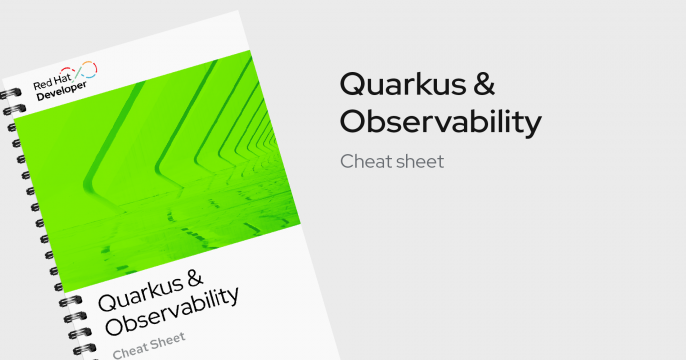Enterprise Java
Skip the noise that can come with developing apps, and instead focus on building apps.
Learn how to move your existing Java app to Kubernetes—without changing a single line of code
Calling all developers!
Using the Free #Developer #Sandbox for #RedHat #OpenShift, we will demo how you can take your existing source code or create a new application, easily deploy and manage them as containers, edit the code from our integrated developer experience, and much more.
What is enterprise Java programming?
Enterprise Java is the use of Java for application development in enterprise-scale software, and merges a collection of APIs and application servers that implement those APIs. Enterprise Java also includes related technologies, such as the Spring Framework.
Enterprise Java Beans (EJB), Java Message Service (JMS), Java Persistence API (JPA), Java Transaction API (JTA), and Java Server Faces (JSF) make up the collection of modular tools that enable enterprise needs, such as distributed computing utilizing containers, web services, and high performance applications.
Enterprises use Java today to build applications utilizing microservices rather than taking a monolithic approach. Enterprise Java is used across government, telecom, banking information systems, accounting, and e-commerce.
DevNation: The Show, episode "DevOps All The Things"
Free e-books
Microservices for Java Developers
The microservice architectural approach lets you build complex systems to adapt to rapidly changing competitive markets. Now in its second edition, this step-by-step guide introduces concepts such as immutable delivery, and gets you started building distributed systems for managing microservices using Linux containers, Kubernetes, and three different Java frameworks: Spring Boot, Dropwizard, and WildFly Swarm (WildFly Swarm was renamed Thorntail in 2018).
This book explains how to:
- Expose a service.
- Configure at runtime.
- Expose metrics and insight.
- Call downstream services in a safe manner.
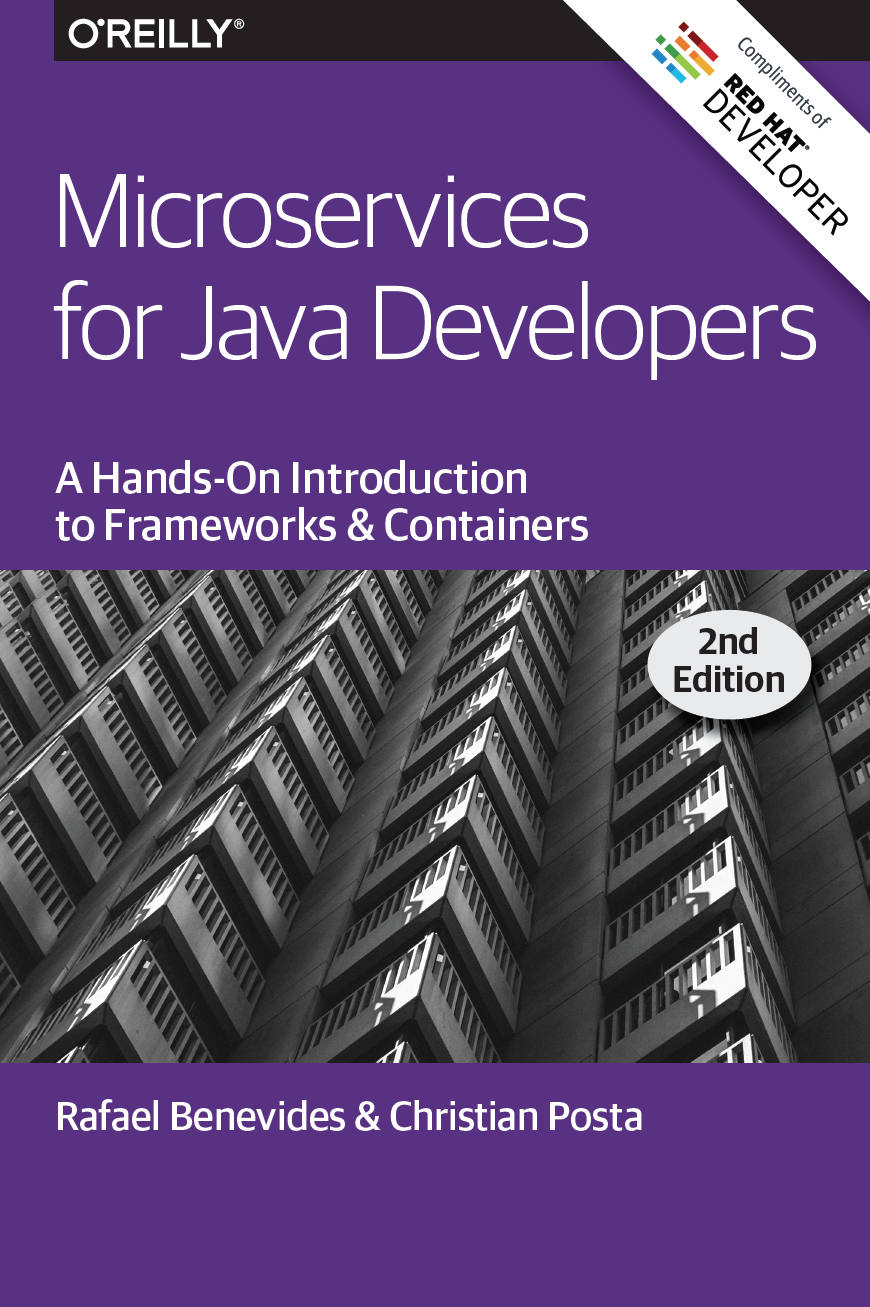
Building Reactive Microservices in Java
Eclipse Vert.x is a toolkit that helps developers build reactive applications to run within the Java Virtual Machine. Whether you want to get rid of your monolithic enterprise applications, or avoid creating new ones, Eclipse Vert.x is worth investigating. Learn how to use reactive design to create distributed, reactive microservices within this framework.
This book explains how to:
- Explore the elements of reactive microservices and learn how Vert.x works.
- Build and consume a single microservice to understand how messaging improves its reactiveness.
- Create an entire microservices system, using stability and resilience patterns to manage failures.
- Use the OpenShift container platform to deploy and manage microservices in a virtual or cloud environment.
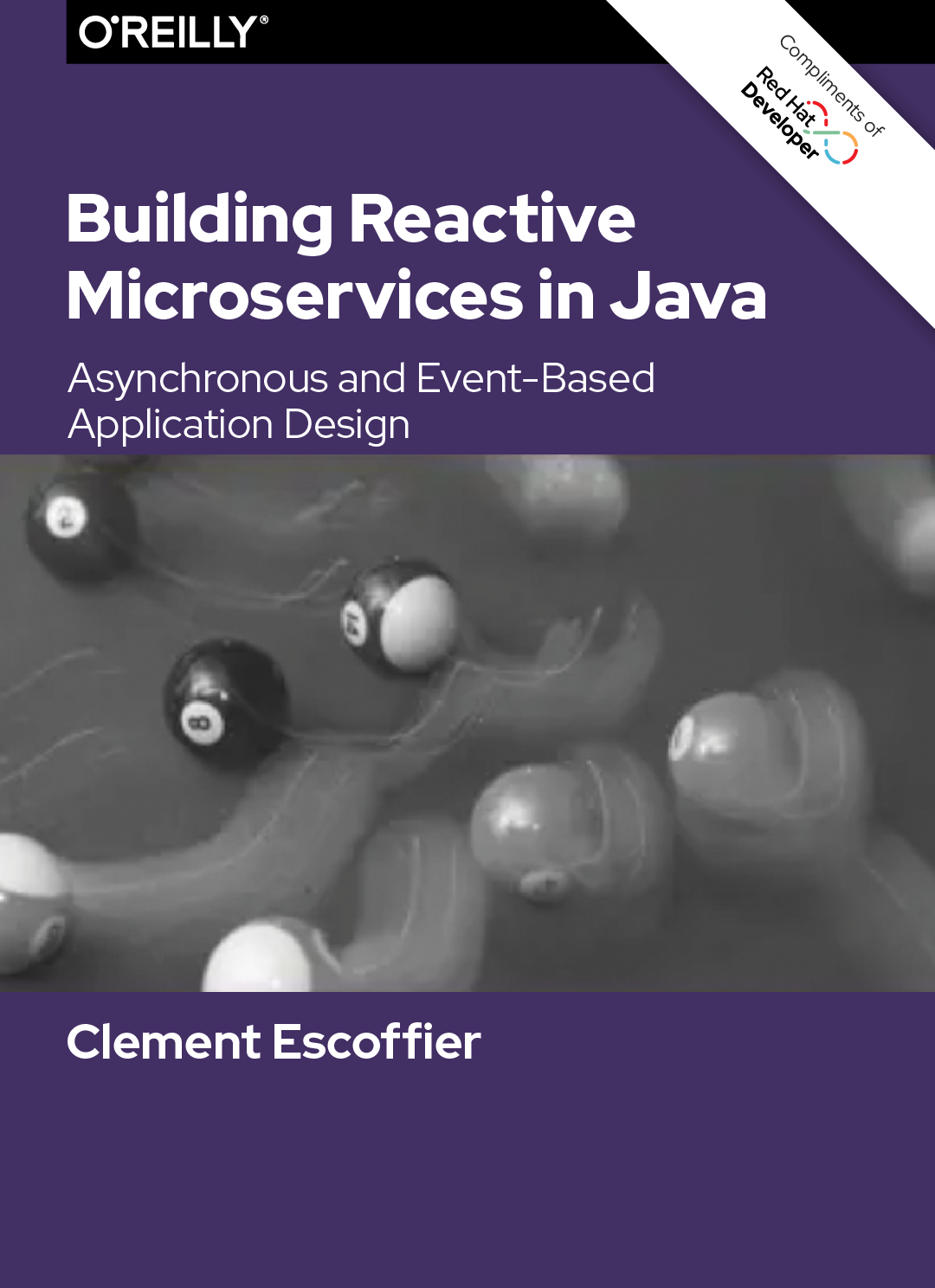
Featured Java articles
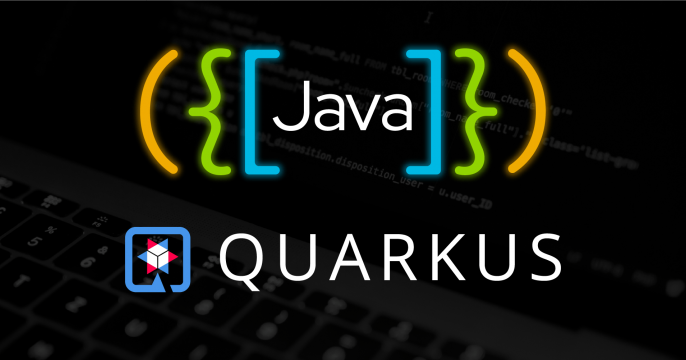
Develop AI-integrated Java applications more efficiently using Quarkus. This...

Try a hands-on workshop in the Developer Sandbox to learn about Quarkus (a...
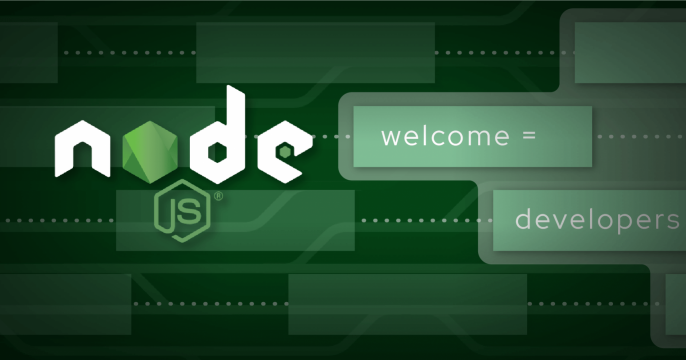
This article discusses how to troubleshoot the build and deployment issues of...
Get started with Quarkus
Learn Quarkus basics by standing up a straightforward application serving a...
Learn about Quarkus and Hibernate ORM with Panache to create supersonic,...
Be more productive with the new VS Code Java 1.0
Are you still stuck in Java 6, 7, or 8? Or up-to-date with Java 17? It doesn't matter which version; you can be more productive with the shiny and new VS Code Java 1.0 Extension! Join us as we review some of the noteworthy features of the past few releases, and talk about Java 17 support, type hierarchy, source lookup improvements, and plenty of valuable tips in between!
Revisiting Effective Java in 2019
After giving a quick introduction to Kogito, Maciej Swiderski will explain how it can be used to build cloud-ready, event-driven business applications. This will be followed with a demonstration of how Quarkus (with its hot reload capabilities) can be used to create microservices implementing the business logic of a complex domain with rules and modeling its workflows through business processes integrated with Kafka to consume and produce business events.
Quarkus: Supersonic, subatomic Java
In this tutorial, Burr Sutter demonstrates how to optimize your enterprise Java apps, your APIs, your microservices, and your "serverless functions" for a Kubernetes/OpenShift environment—vastly smaller, vastly faster, and fundamentally more scalable.
Quarkus
A cloud-native, container-first stack for creating Java applications tailored for GraalVM + HotSpot, crafted from Java libraries and standards.


